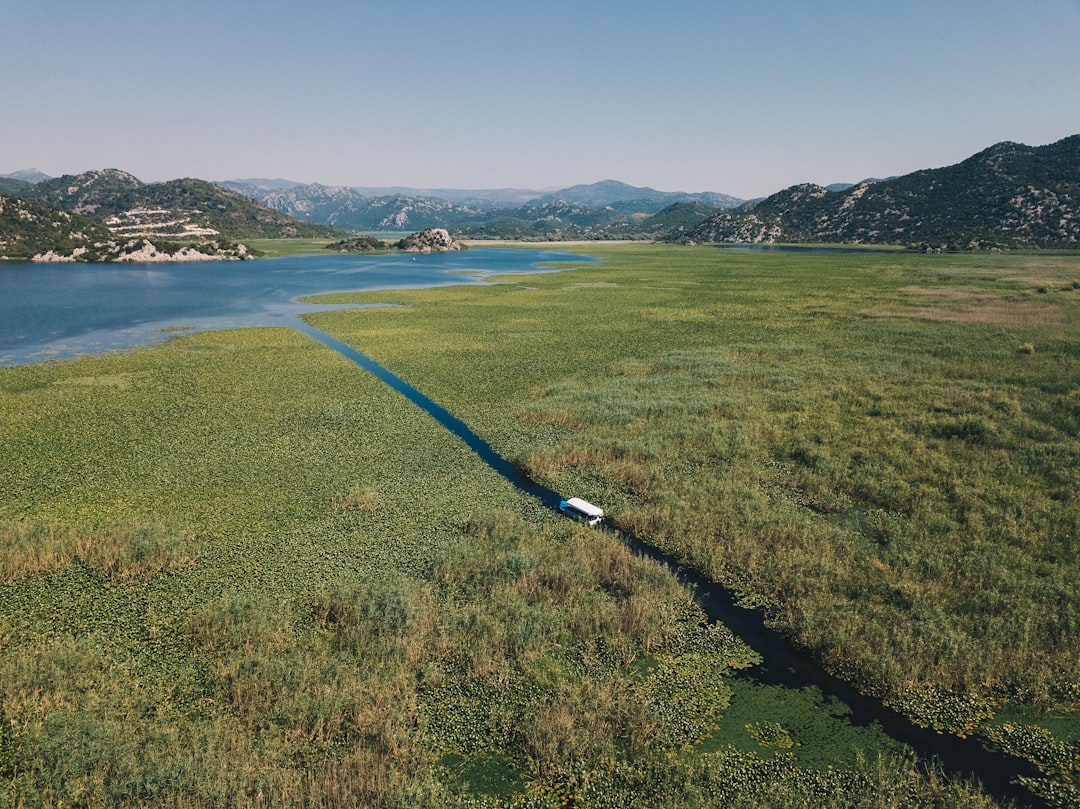What is it about?
Scholars conducting research on either the social or biological dimensions of conservation practice may confront harassment, violence, and sexual assault. While guidelines for researcher safety usually cover the obvious perils encountered while conducting research in nature and with wild animals, less attention has been focused on the dangers associated with encountering and confronting humans. The aim of review boards for both human and animal subjects is to protect research participants. But who protects the researcher? This paper extends these calls to conservation researchers, initiating an open discussion on fieldwork safety, particularly the role of gender and power dynamics within the conservation field. We offer two themes for discussion: institutional responsibility and professional community responsibility. Our aim is to encourage dialogue regarding codes of practice for fieldwork safety at multiple institutional levels that acknowledge and provide support for the varying forms of harassment researchers face during fieldwork.
Featured Image
Read the Original
This page is a summary of: Gendered Considerations for Safety in Conservation Fieldwork, Society & Natural Resources, May 2018, Taylor & Francis,
DOI: 10.1080/08941920.2018.1471177.
You can read the full text:
Contributors
The following have contributed to this page










